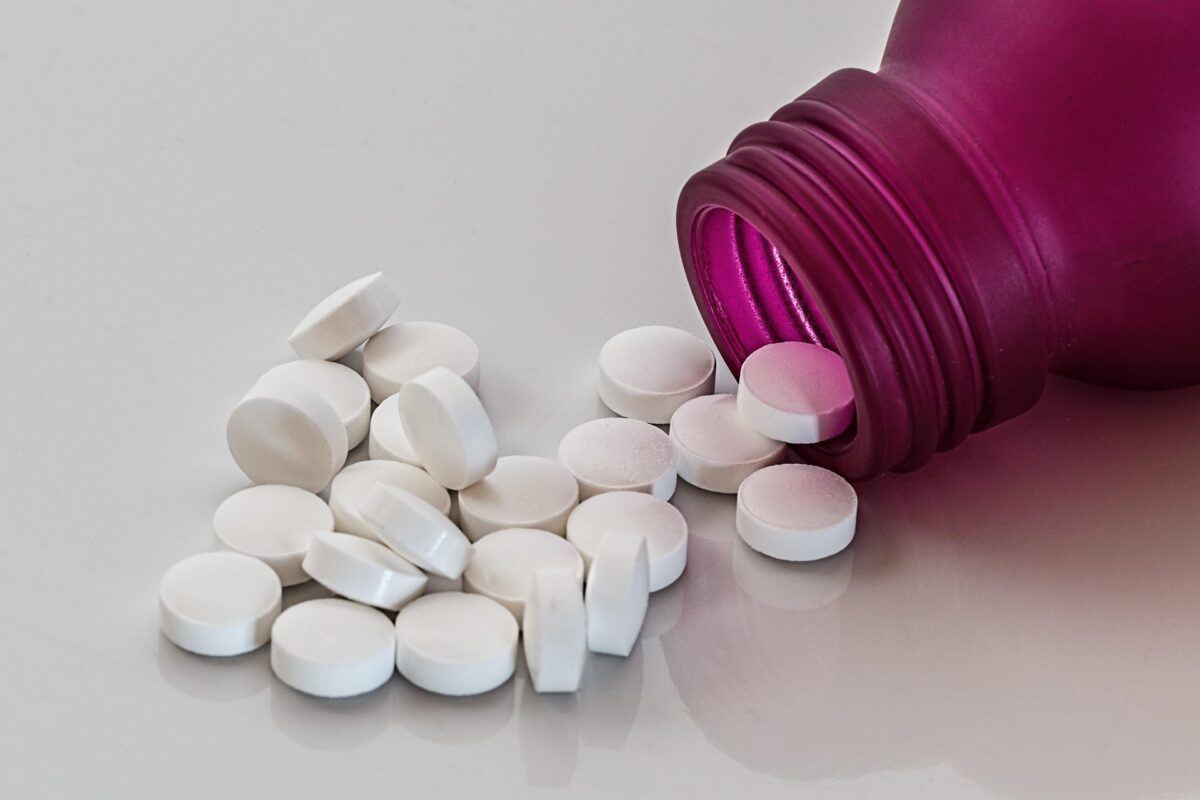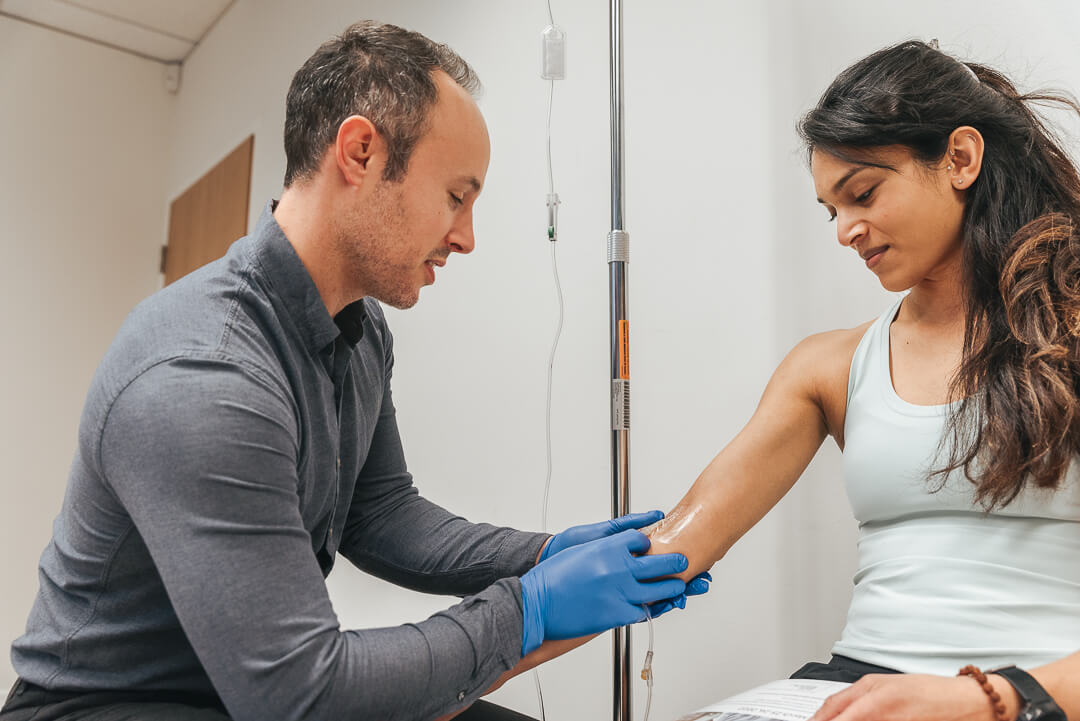In the realm of integrative medicine, Low Dose Naltrexone (LDN) is stepping up as a potential game-changer for serious conditions like cancer and multiple sclerosis (MS). LDN was first used to treat opioid addiction with higher doses. Now, it is being studied for its ability to improve the immune system and reduce inflammation. Early studies have shown some promising results, with patients reporting better quality of life and fewer symptoms. If you’re facing cancer or MS, diving into the potential benefits of LDN could make a real difference. If you’re thinking about this treatment, I’d recommend scheduling a chat with a healthcare provider who can give you personalized advice and support.
Understanding low-dose naltrexone (LDN)
Understanding low-dose naltrexone (LDN) has been a journey of discovery for me. Originally, the FDA approved naltrexone for treating opioid dependence and alcoholism at a standard dose of 50 mg. But here’s where it gets interesting: when the dose is significantly reduced to between 1.5 to 4.5 mg per day, LDN has shown promise in treating conditions like cancer and multiple sclerosis (MS). This change in dose opens up new ways to use integrative medicine. It offers hope and potential benefits that we’re just starting to explore.
The way LDN works is both unique and fascinating. By briefly blocking opioid receptors, it prompts the body to boost the production of natural endorphins. These endorphins are the body’s natural pain relievers and mood lifters. The rise in endorphin levels can strengthen the immune system, which might be why LDN is being studied for conditions like cancer and MS. This enhanced immune activity could help reduce inflammation and improve overall health.
One of the things I love about low-dose naltrexone is how gentle it tends to be on the body. Sure, you might experience some vivid dreams or a bit of tummy trouble, but these side effects are usually pretty easy to handle. The key, though, is to chat with your healthcare provider before diving into LDN. They can offer tailored advice and keep an eye on how you’re responding, making sure you get the best results while keeping any risks at bay.
While research on LDN is still in its early stages, the encouraging findings have ignited a wave of curiosity and a push for more in-depth studies. By diving into how LDN functions and its potential advantages, you can take a more active role in your health journey, making choices that are right for you.

LDN and cancer: What the research shows
As I explore the potential of low-dose naltrexone (LDN), I find myself particularly inspired by its promising role in cancer treatment. Research has indicated that LDN might have anti-tumor properties, which could help slow the growth and spread of certain cancers. This is especially important when considering the limited options available for those dealing with advanced or treatment-resistant cases.
In my journey through the research on low-dose naltrexone (LDN), I’ve come across some truly inspiring stories. Early clinical trials have shown good results. Patients not only see a decrease in the size of their tumors, but also feel better about their lives. The science behind these outcomes is complex, but at its core, it’s about how LDN can fine-tune the immune system. By boosting the body’s natural defenses, LDN may help the immune system more effectively identify and combat cancer cells. This immune modulation is a critical aspect of LDN’s potential as a complementary therapy in cancer treatment.
The early signs are good, but it’s important to know that more big, controlled trials are needed to fully understand how LDN works in cancer treatment. These studies will offer a clearer picture of the treatment’s benefits and risks, helping both patients and healthcare providers make well-informed choices. Even though more research is needed, the good results reported by patients with advanced or treatment-resistant cancer suggest that LDN could be a useful tool in integrative medicine.
If you’re thinking about adding LDN to your cancer treatment plan, it’s crucial to talk to a healthcare provider who can give you personalized advice and keep an eye on your progress. LDN has special properties and can help your immune system. This makes it a good choice for people who want to improve their quality of life and manage their symptoms better.

LDN and Multiple Sclerosis: What the research shows
Moving from the encouraging results in cancer treatment, I’ve also seen low-dose naltrexone (LDN) make waves in the management of multiple sclerosis (MS). Several studies show that LDN can help reduce the number and severity of MS relapses. This gives patients hope because they often have unpredictable and debilitating symptoms. LDN can make a big difference in the quality of life for people with MS by reducing the number of relapses. It can also help them keep a more stable and predictable daily routine.
I’ve found that LDN can really make a difference in the lives of those with MS. Research shows it might boost quality of life and ease fatigue, a symptom that can really wear you down. A 2008 study in the journal “Multiple Sclerosis” highlighted how well-tolerated LDN is and its promising effects on MS symptoms. This, along with other studies, adds to the growing evidence that LDN could be a valuable tool in managing MS.
While LDN isn’t a cure for multiple sclerosis, it has shown promising anti-inflammatory and immune-modulating effects that can be beneficial for MS patients. These effects can help control the long-term inflammation that’s a key part of MS. They can also slow down the disease’s progress and reduce the number of times it comes back. However, more research is needed to fully understand the long-term impacts and the best dosing strategies for LDN in MS. As the field evolves, ongoing studies will continue to shed light on the potential of LDN as a complementary therapy for those living with MS.

Exploring the mechanisms of LDN
Let’s move on from the good research. We’ll look at how low-dose naltrexone (LDN) could be a big help for conditions like cancer and multiple sclerosis (MS). LDN interacts with the body’s opioid receptors, and at these very low doses, it briefly blocks them. This temporary blockage sets off a rebound effect, prompting the body to boost its production of endorphins. These natural chemicals are key players in pain relief and mood improvement.
The boost in endorphin levels is especially noteworthy because it can influence the immune system in a positive way. This interaction is a cornerstone of the potential benefits of LDN. By giving the immune system a lift, LDN can help ease inflammation, a common challenge in conditions like cancer and multiple sclerosis (MS). For those battling cancer, this immune boost might help the body more effectively target and eliminate cancer cells. For MS patients, LDN’s anti-inflammatory effects can help control the long-term inflammation that causes the disease. This could slow down the disease and make flare-ups less common.
Research has also indicated that LDN might offer benefits beyond just modulating the immune system. For example, it has been found to affect the activity of natural killer cells and other immune cells. These cells are important in protecting the body against tumors and infections. These anti-tumor effects highlight LDN’s potential as a complementary therapy in cancer treatment. By understanding these mechanisms, both patients and healthcare providers can make more informed decisions about incorporating LDN into treatment plans. Knowing how LDN works can help individuals weigh its potential benefits and risks, leading to a more personalized and effective approach to their health.
Getting started with LDN: Tips and precautions
As you think about adding low-dose naltrexone (LDN) to your treatment plan, taking a thoughtful and informed approach is key. The first and most important step is to talk to a healthcare provider who has experience with LDN. This conversation can help you decide if LDN is the right fit for your specific condition, like cancer or multiple sclerosis (MS). Your healthcare provider can offer personalized guidance, making sure the treatment aligns with your health goals and medical history.
Starting with a low dose of LDN is a key step in the process. Most patients typically begin with a 1.5 mg dose and slowly work my way up to 4.5 mg over a few weeks. This gradual increase helps keep potential side effects, like insomnia and vivid dreams, at bay. These side effects are common but usually manageable. If you do feel any discomfort, it’s really important to talk to your healthcare provider. They can give you tips to ease these side effects and make sure your treatment stays comfortable and effective.
Regular monitoring plays a crucial role in your LDN journey. Keeping a detailed journal of your symptoms, side effects, and overall health can offer deep insights into how LDN is impacting you. I share this information with my healthcare provider during our regular check-ins. This ongoing dialogue enables my provider to fine-tune my dosage or treatment plan, ensuring I get the most out of LDN.
Thinking about booking a consultation for personalized advice and support as you start your LDN journey? It’s a wise move. A knowledgeable healthcare provider can be your guide, answering your questions and helping you navigate any challenges that come up. By doing these steps, you can make sure your LDN treatment is safe and works. This could help you live a better life and manage your symptoms better.












